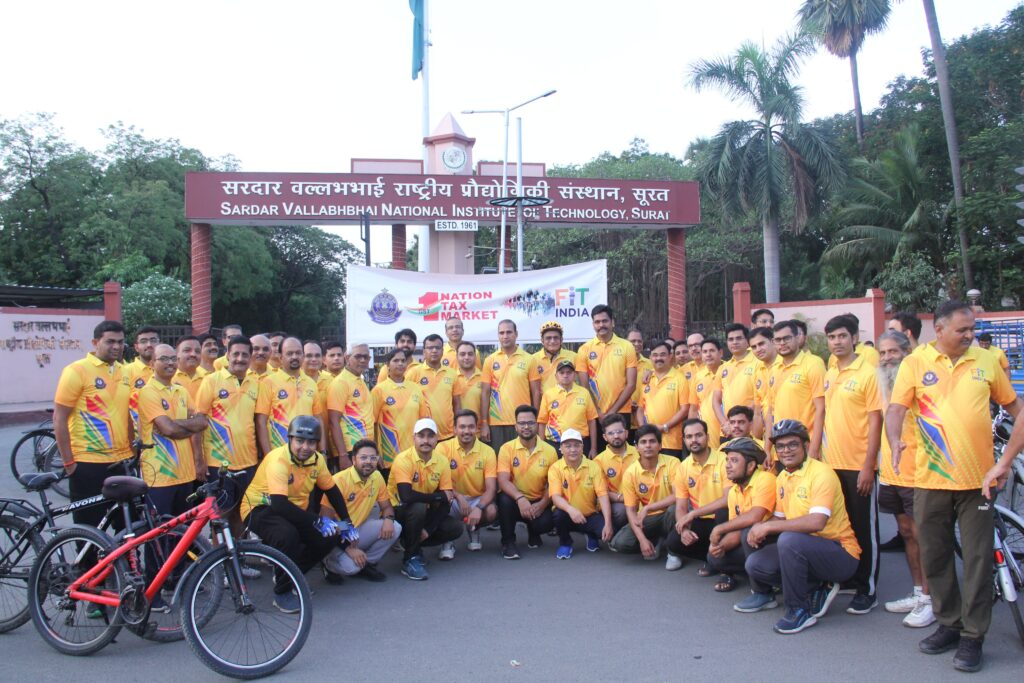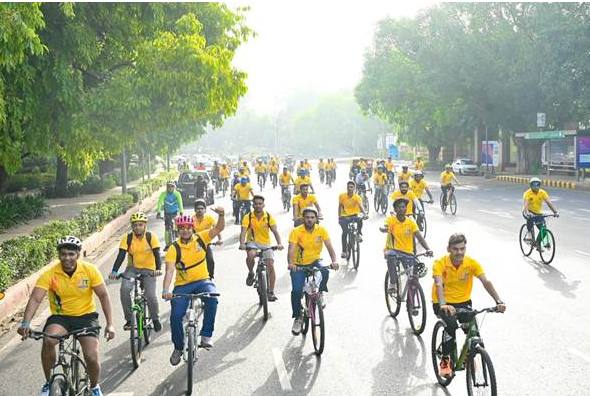
The Central Government has initiated its five-yearly review and approval cycle for Centrally Sponsored Schemes (CSSs) and Central Sector Schemes (CSs), a key exercise to focus public spending on India’s development agenda for the 16th Finance Commission (FC) cycle from April 1, 2026.
Led by the Department of Expenditure, Ministry of Finance, the process, which was kicked off through a half-day workshop on May 29, 2025, focuses on third-party assessments, outcome-based funding, and fiscal prudence. With India’s USD 3.5 trillion economy eyeing a USD 3 billion public spending optimization market by 2030, issues of delayed assessments and MSME inclusion still remain, but the project is set to redefine governance for a ‘Viksit Bharat’.
The workshop, which was chaired by Cabinet Secretary Dr. T.V. Somanathan and also had in attendance Finance Secretary Ajay Seth, Expenditure Secretary Vumlunmang Vualnam, and secretaries from different ministries, presented a strict framework for scheme extension after March 31, 2026.
No CSS or CS will be going forward without a third-party assessment proving positive impact and requirement, according to a Ministry of Finance rule.
Evaluations are being done by NITI Aayog, with draft reports to be submitted to ministries by July 2025, for Expenditure Finance Committee approvals prior to the FY2026-27 budget cycle, according to a 2025 report by Indian Express.
The appraisal process is in accordance with the 16th FC cycle (2026-31), to ensure schemes align with India’s fiscal consolidation, with a target 4.4% GDP deficit for FY2025-26, according to a 2024 report by SIDBI.
Ministries will get 5.5 times their average annual 2021-22 to 2025-26 expenditure, but Cabinet Secretary Somanathan warned against “inflated” outlay requests, calling for realistic proposals, according to a 2025 PIB release.
Policy priorities are just-in-time release of funds to prevent parking, Aadhaar-based Direct Benefit Transfers (DBT), and scheme convergence to prevent duplication, increasing efficiency by 20%, according to a 2024 CII report.
Economic impacts are large. CSSs and CSs, contributing ₹10 trillion per year, propels industries such as healthcare, education, and infrastructure, according to a 2024 FICCI report. The Ministry of Health and Family Welfare, for example, requested increased vaccination financing, illustrating sectoral needs.

Assessments are designed to rationalize subsidies, which absorb 15% of revenue spending, and maximize DBT, covering 400 schemes and saving ₹2.7 trillion since 2014, according to a 2024 CGA report. The Public Financial Management System (PFMS) guarantees computerized tracking, diminishing leakages by 25%, according to a 2024 SIDBI report.
Government interventions complement the process. The PLI scheme, with ₹50,000 crore, assists MSMEs, providing 30% of scheme inputs. PM Gati Shakti simplifies project logistics, saving 20%. The Open Network for Digital Commerce (ONDC) increases MSME involvement, increasing compliance by 25%. Skill India’s 2 million skilled workers, with just 5% skilled in evaluation technology according to Nasscom, support data-driven valuation. The National Clean Energy and Environment Fund (NCEEF) and Public Investment Board (PIB) value high-value schemes, with viability, according to a 2024 report by DoE.
It still presents challenges. Slow evaluations, where just 60% of schemes are evaluated by mid-2025, may jeopardize continuity, according to a 2024 report by CII. MSMEs, accounting for 40% of scheme supplies, incur ₹1–2 lakh worth of compliance costs every month owing to intricate appraisal systems.
Skill shortages in Tier 2 cities and physical infrastructure problems, such as erratic power, cause delays in data collection, which affects 20% of regional units. Third-party certification delays under regulators (4–6 years compared to China’s 2) and scant MSME awareness, where just 15% utilize ONDC, hamper efficiency. The global economic instability, led by 30% of India’s trade, is an added burden, according to a 2024 UNCTAD report.
Solutions are suggested by experts. Subsidies under the Technology Upgradation Scheme can reduce MSME expenses. Increasing Skill India analytics training can close the gaps. Improved 5G and power reliability through PM Gati Shakti will rationalize data processes. Public-private partnerships with IITs can create low-cost evaluation technology. CII-led initiatives can increase ONDC adoption and scheme awareness.
The every-five-years appraisal cycle, initiated by the Ministry of Finance, is a significant initiative toward goal-oriented governance. Prioritizing evaluations, fiscal discipline, and MSME inclusion will help India maximize its public spending, ensuring schemes coordination with the 16th FC cycle and the vision of a USD 7 trillion economy by 2030. Overcoming delays, skills, and infrastructure hurdles will be essential to maintaining this revolutionary momentum.
